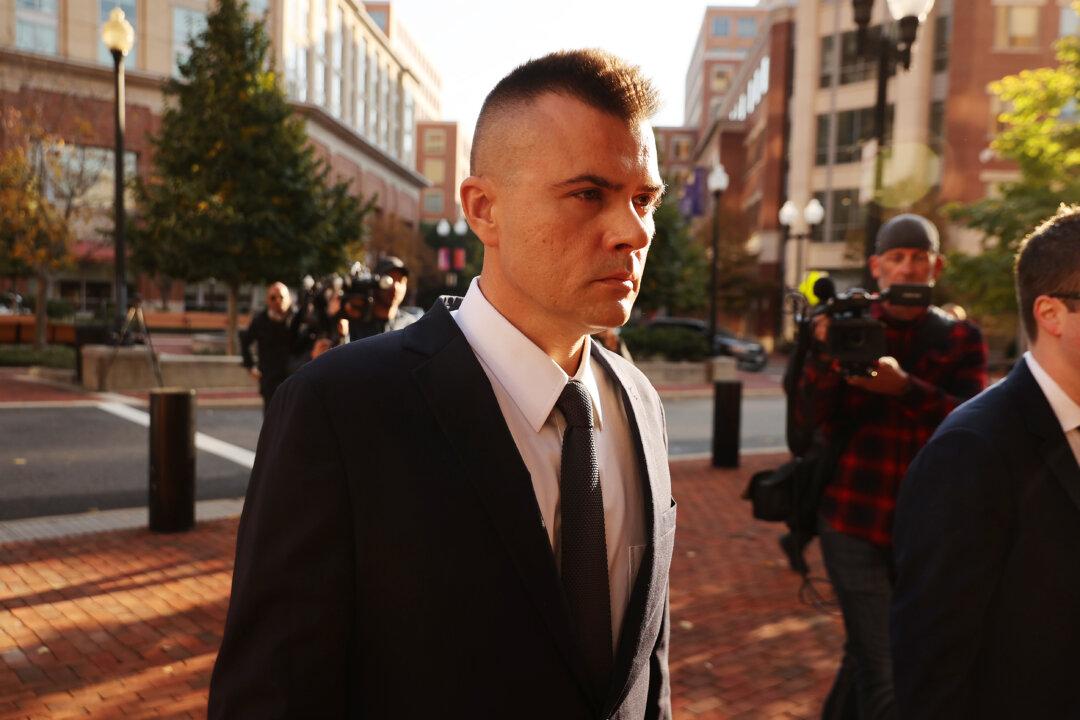A key source for the anti-Donald Trump dossier paid for by Democrats has confirmed that he was on the FBI’s payroll for years.
Igor Danchenko, who provided information to the dossier’s author, Christopher Steele, “was a vital source of information to the U.S. government during the course of his cooperation and was relied upon to build other cases and open other investigations,” lawyers for Danchenko said in a filing lodged in federal court in Virginia.





